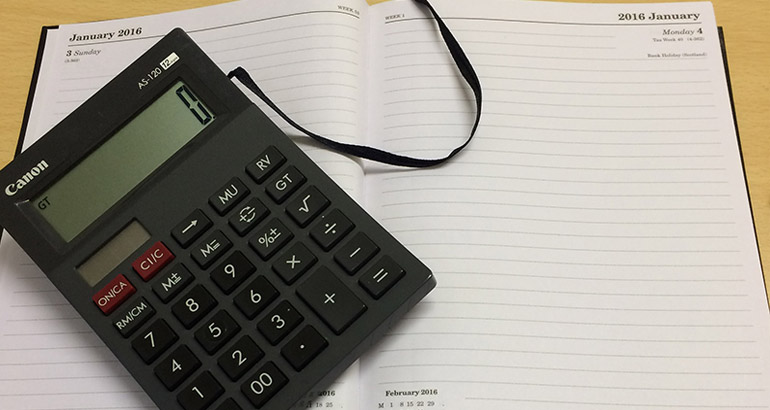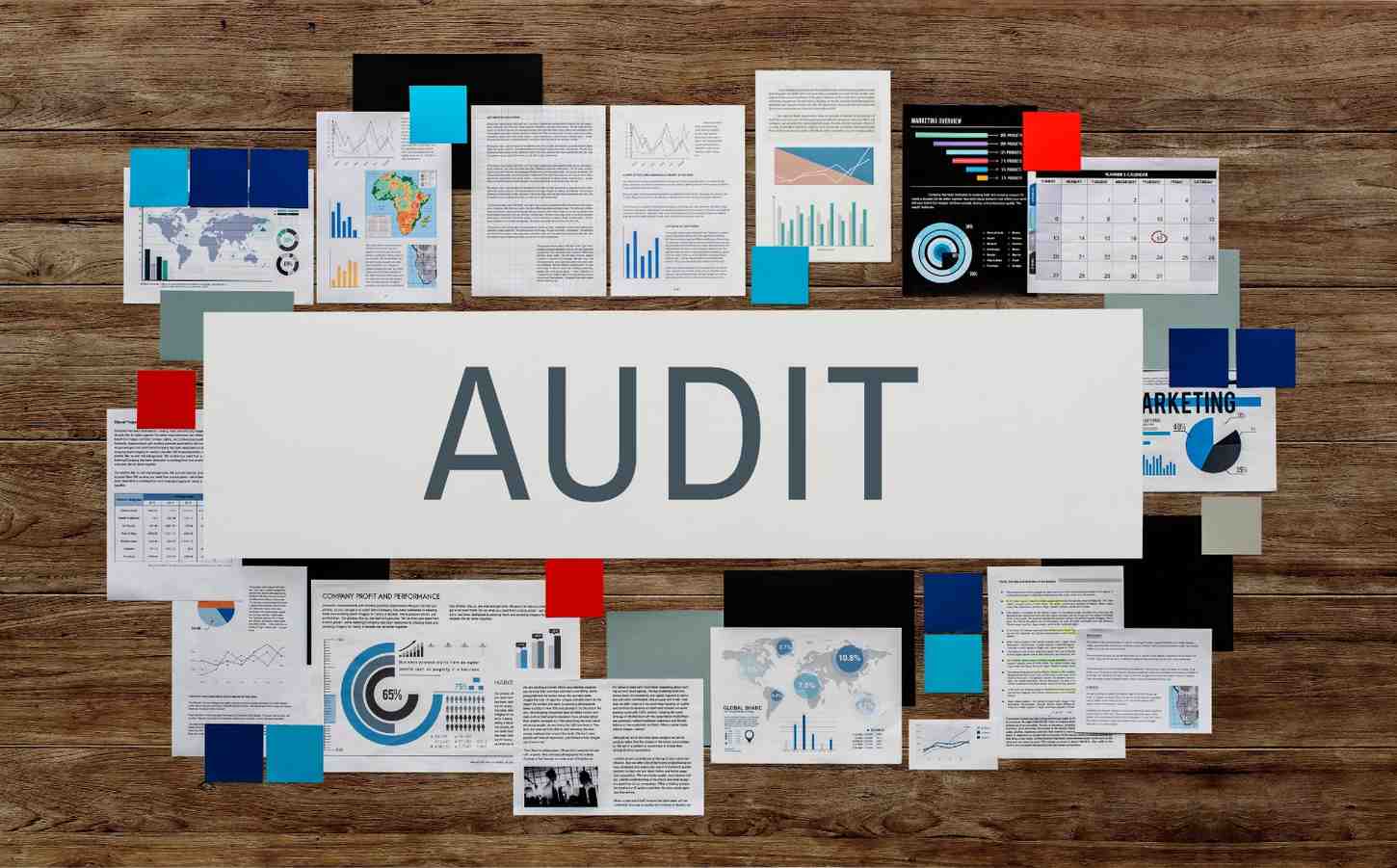A corporate audit fiasco has the potential to break a business, and this makes error and fraud detection a priority to the companies. Fraud will not only affect the company financially but will also affect the reputation and the goodwill of the company. Mostly, every company employs an accountant on their payroll, but it is possible that even the accountant of the company makes an error or there is a deeper and more sinister plan going on in the company.
In order to uncover any such fraud and to take further steps to minimize such events in the future, a company hires an auditor who is proficient in Fraud Auditing.
Let’s understand more about fraud auditing and why every company should consider performing this audit.
What is Fraud Auditing?
The Association of Certified Fraud Examiners (ACFE) defines fraud as a deliberate or intentional act done with the aim to deprive or rob any other entity of property or money by deceit, deception or any other unfair means. To combat said fraud, every company hires an accountant to keep matters straight, but in some instances, the companies do not want to take any chance and opt to hire the services of an external auditor. This auditor performs a process known as fraud auditing, which will help reveal any fraudulent activity which is happening in the company.
The process of fraud investigation and auditing involves a detailed and elaborate assessment of all the financial records of the business, intending to find any fraudulent activity which is conducted in the company. The auditor will gather evidence in the form of a witness, report or any other means of proof of any fraud happening in the company.
Types of Audit Fraud
There are two types of audit fraud that can be very harmful to the business, namely:
-
I. Misappropriation of Assets
Asset misappropriation is one of the most common types of fraud prevalent among companies. Misappropriation usually consists of two types, which are:
Skimming of cash to be given to an entity
In the case of larceny of money, it is challenging to uncover as the transaction has not been yet documented, making this type of fraud very easy to hide. It also does not require vast knowledge or sophistication. Examples of Such misappropriation are fake expense reimbursement, fraudulent billing schemes, cheque tampering, etc.
Misuse of company assets
The misuse of the assets of the company is another prevalent type of asset misappropriation. In this, the assets of the individuals or group of individuals working in the company misuse the various assets of the company. This is very problematic as it would not only increase the liability of the company but will also it is indicated the unauthorized use of the company’s assets.
-
II. Financial Statement Fraud
Financial statement frauds are not so common as misappropriation of assets but can be very lethal to the company. It includes issuing the wrong statements about earnings, assets, etc. or can hide the liabilities to show more assets to the shareholders. This doctoring the financial statements will show a significant increase in profitability, but the real truth will be different. One of the most prominent examples of Financial Statement Fraud is the fraud done by Enron Corporation.
The audit report presented by the auditor at the end of the complete audit process will provide us with complete and detailed information about the working of the company and any fraudulent activity happening in the company.
Methods to Detect Fraud
Accounting and Bookkeeping are only the first lines of defence against any fraud being conducted. The International Financial Reporting Standards or IFRS prescribes various fraud detection methods that should be carried out during each audit irrespective of the company or industry. These methods are:
-
Brain Storming
At the beginning of every fraud audit, a fraud brainstorming session should be conducted. In this audit, the audit team considers the various ways in which a company can commit fraud and what are the preventive measures for such fraud are.
The initial brainstorming session is also done so that the team would provide any insights into similar frauds conducted by similar companies in the same industry.
-
Testing the Journal Entry
Journal entries are the basics of every financial statement. To conduct a fraud, these journal entries will have to be manipulated. This is one of the primary and fool-proof methods of fraud detection in a company. Entries that are very random and have no place in the journal are selected by the auditors. When the entries have been selected, the auditors require supporting documents for every transaction.
-
Historical Transactions
This means that all the previous transactions are re-visited, and any of the changes made in the accounting methodology is noted. Any amendment or variation in the method will provide a strong indication of a fraud being committed. The auditor must ask for supporting documents as to why were the changes required.
This would also require the auditor to have a look at the cash flow and the working capital cycle of the business.
-
Whistle-blower
This means that someone in the company sees the fraud or the illegal activity happening in the company and informs the upper management of the said fraud. Uncovering a scam based on a tip is one of the most common methods of detecting fraud in a company. According to the ACFE, around 40% of the fraud cases come to the notice of the management via whistleblowing.
-
Constant Review
The management of the company should conduct periodic and sudden reviews of the working and the financial statements of the company. Having internal control programs and internal investigations will be a very effective method of catching any fraudulent activity and curbing any such further business in the company.
If it is feasible for the company, a certified external auditor can be hired who will have a very detailed look at the working of your company and will help you to form company policies that would shun any such activity in the future.
If you are looking for any such reputable audit firms in Dubai or in the UAE in general, which would provide the necessary fraud audit and other audit-related solutions, you can take the help of JAXA Charted Accountants. At JAXA, we provide you with various Auditing and Accounting services which would suit the need of the company such as internal audit, statutory audit, Due diligence audit, etc. For any details on the services we provide do contact us – we would be happy to help.
Read More About Auditing
Auditing Services in Dubai, UAE
Accounting, Bookkeeping and Auditing in Dubai
Top Reasons to avail Auditing services in the UAE
Difference Between Auditing and Investigation
10 Significant Advantages of Financial Auditing of a Company
Which Companies Require Auditing Services?
Auditing: What to Expect in the Future
Difference between Auditing in Mainland Company and Auditing in Freezone Company
Impact of Automation on Auditing Industry
Auditing can help Malls and Shopping Centers
Some Basic Auditing tips for Startups
Different Methods of Error Detection While Auditing
How Can Outsourcing Auditing Services Help in the Growth of the Business?
How Can Auditing Affect the Efficiency of a Business
Facing Financial Challenges? Auditing might be the Answer for you





